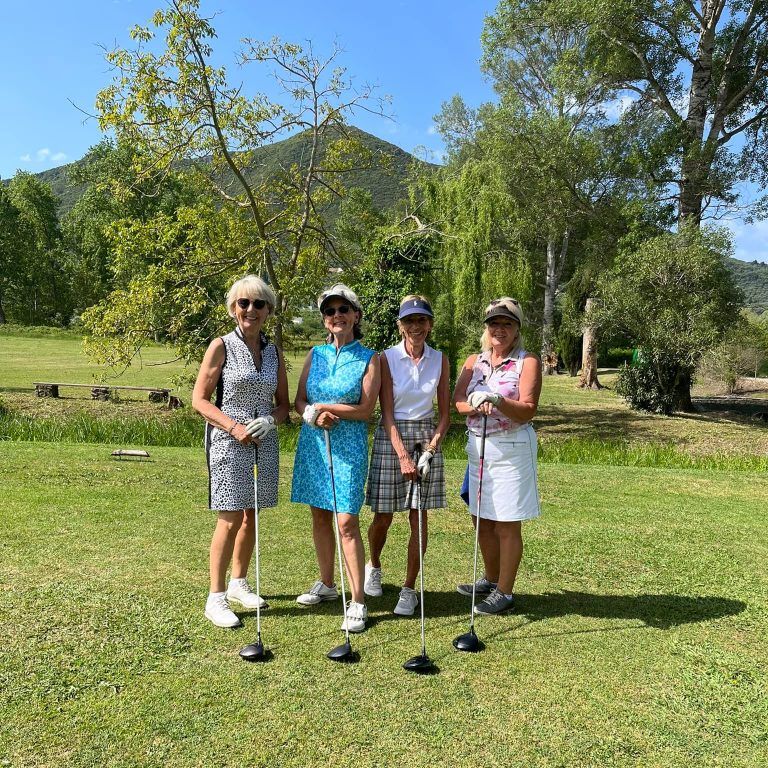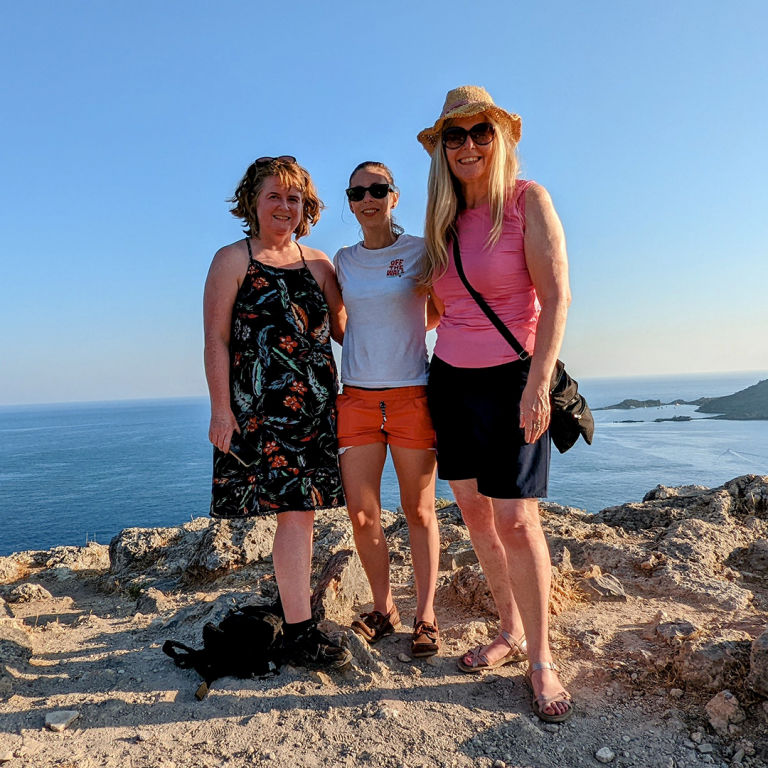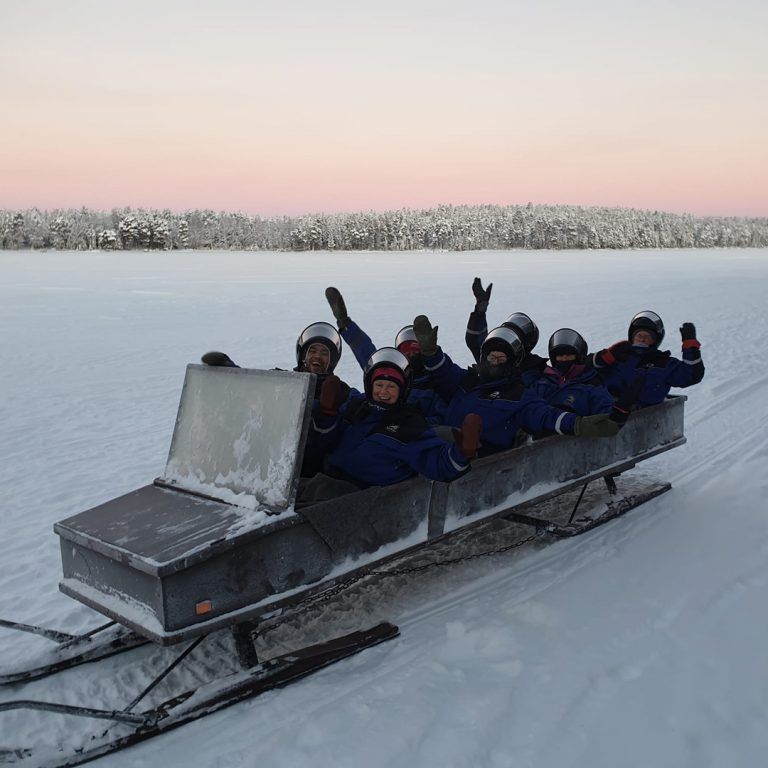What to expect

Magnificent Architecture

Powerful History




Join your fellow solo travellers as we journey through Uzbekistan – the land of the ancient Silk Road. This is where the ancient trade route connected China with Europe, and where the cities of Samarkand, Khiva and Bukhara thrived. On this tour, we witness turquoise domes, mesmerising tile designs, red deserts, busy bazaars and towering minarets. From the bustling capital of Tashkent to the immense fortresses of Samarkand and Bukhara, we travel a path which has been trodden by traders and merchants for thousands of years.

Today we will head to the airport to depart the UK and head to Uzbekistan.

This morning we arrive into Tashkent and head to the hotel where we will enjoy breakfast and some time to relax and head out for a city tour of Tashkent. Tashkent is the capital of Uzbekistan and was one of the main travel and trade hubs on the Silk Road that connected China and Europe. The old city of Tashkent still boasts its traditional ways. The architecture is a contrast to the modern design, a fine example being the metro system in Uzbekistan, which was the first in Central Asia, where each of the 29 stations has a different design.
We also experience the Chorsu Market where we witness the varying colours and bustling atmosphere within the blue domed building. This evening, we head back to the hotel for our first dinner together.

This morning we have an early start with our transfer to Tashkent Airport to fly to Khiva.
Khiva is one of the most intact Silk Road cities and is essentially an open-air museum. Its narrow streets, colourful minarets, mausoleums, carved ayvans verandas and doors have been perfectly preserved. With giant fortress walls and clay coloured houses, the city resembles a giant sandcastle and is truly a unique place. It’s no surprise that this was central Asia’s first UNESCO World Heritage City.
We have a tour taking us inside the fortress walls and into the Ichan-Kala, which is the inner city, where we will marvel at the architecture where the Khans resided. We also visit the unique Juma Mosque, made entirely out of wood that dates back to the 10th Century. Inside here, we will experience the bazaars which sell many handmade crafts.
We then head back to the hotel for dinner and reflect upon the beauty of Khiva.

After breakfast this morning, we head into the vast desert to visit Shylpyk-Kala, an ancient Zoroastrian Tower of Silence. Thought to be one of the earliest examples of traditional funeral rituals, it is believed that it was constructed somewhere between the 1st Century BCE and 1st Century CE. We also visit the ancient settlement of Toprak-Kala, dating back to the 1st and 5th Century AD. The large fortified palace was discovered in 1938, with many mysteries surrounding who and when it was built. It is known the palace was built on an elevated base, with monumental towers, a temple area with a holy fire. The town itself was divided into streets with several districts. After learning about this fascinating place, we head back to Khiva and enjoy the rest of the day at leisure.

This morning we drive to Bukhara after breakfast. Back in the day, the route from Khiva to Bukhara would last more than a month, but today, it will take us between 6 and 7 hours travelling through the red desert of Uzbekistan, called the Kyzyl-Kum. During this drive, we stop off at the Amu Darya River, which supports the lives of millions of people in this land-locked country.

Today we enjoy a tour of the medieval city of Bukhara, located on the Silk Road and more than 2000 years old, making it amongst one of the oldest cities in Central Asia. The city is a fine example of pre-Russian Uzbekistan.
On the tour, we witness the Ark – a spectacular town within a town where, for centuries, it was the residence of the emirs of Bukhara. Another prominent landmark is the Kalon Minaret, which has stood for almost nine centuries, and the Kalan Mosque – the heart of Bukhara. The minaret was built in 1127 and at the time was probably the tallest building in Central Asia.

Today we venture out of Bukhara, to the village of Kasri Orifon. We visit one of the most important shrines, the birthplace and tomb of Khazreti Mohammed Bakhauddin Nakhshbandi the founder of the most influential of many ancient Sufi orders in Central Asia, and Bukhara’s unofficial ‘patron saint’. The shrine is full of superstitions, and is a place pilgrims circle, kiss and pray in front of the tombstone.
We will also head to Sitori-i-Mokhi Khosa Palace where the last emirs of Bukhar would reside in the summer. Here we will see European influences in the design and décor in the luxurious interiors, colourful tile work and courtyards.

After breakfast this morning, we transfer by coach to Samarkand (approximately 4 hours 3o minutes). On this journey, we will stop off at Gijduvan, which since ancient times, has been known as a craft and trade centre. The city has a distinct style where the craftsman apply a unique turquoise blue to the pottery they make. After visiting the ceramics museum, we will continue on our way.

Samarkand is one of the the most important cities that lay on the Silk Road, acting as a cross road of world cultures and trade. It is also one of the oldest cities in the world, being founded around the 7th Century BC. A main reason for a visit to Samarkand is to witness the stunning Islamic architecture of its mosques and mausloeums.
We will enjoy a tour of Samarkand, visiting places such as Registan Square. The awe-inspiring square was the commercial square of medieval Samarkand and back then, was more than likely wall to wall with bazaars. The three tall medressas have stood the test of time, surviving frequent earthquakes. We will also visit the Gur-e-Amir Mausoleum, the beautiful resting place of Timur and other family members. The attention to detail of the tile work is something to admire. One of the highlights of the tour will be the Shah-i-Zinda, which has stunning avenues of mausoleums, with some of the best tile work in the Muslim world.

Today, we visit a carpet factory and Ulugbek Observatory, which was built in the 1420s, destroyed in 1449 but then rebuilt in 1908.
We then make our way the the train station of Samarkand and board the train to Tashkent (approximately 2 hours and 30 minutes) where we will spend a final dinner with our fellow travellers and share stories and photographs of our experiences of the Silk Road.

Today we will have our final breakfast and make our way to the airport for our flight back to the UK.
On this multi-centre tour we will stay at the following:
Transfer time from the airport to the hotel is approximately 30 minutes.
As this is a Muslim country, foreign women should dress modestly, especially in the rural areas, and cultivate a certain coolness of manner. Women can dress in normal western-style modest clothing, although female visitors should avoid wearing short skirts (they must be below the knee) and shorts. It is also a good idea to bring a scarf or shawl to cover your head and hair when visiting mosques or other religious sites. T-shirts are permitted, however they must cover your shoulders, men cannot wear shorts and must remember to remove their hats in religious buildings.
We suggest a group collection to cover guides, transfer drivers, hotel staff:
Suggested tips for the Tour Guide is $5 per day, per person
For the driver-$2-3 per day, per person
For porters is usually $1 per check-in and $1 per check-out at each hotel
Tipping is not mandatory and always at the discretion of the tourist
Your Tour Leader will collect this on your behalf and distribute it accordingly, thus relieving you of the burden of who, when and how much to tip. The tipping of housekeeping will be left to your individual discretion (a small amount left in your room on departure should cover this and would be much appreciated). As is customary, ‘the hat’ will be passed around for the driver and guide on all optional excursions. For any meals that are not included in your itinerary, or taxi fares, your Tour Leader can advise of an appropriate % to add on.
Passport
Your passport should be valid for three months from the date you arrive.
Visa
If you have a British citizen passport you can enter Uzbekistan as a visitor for stays of up to 30 days without a visa.
Compulsory vaccinations: None.
At least 8 weeks before your trip, check the latest country-specific health advice from the National Travel Health Network and Centre (NaTHNaC) on the TravelHealthPro website. Each country-specific page has information on vaccine recommendations, any current health risks or outbreaks, and factsheets with information on staying healthy abroad. Guidance is also available from NHS (Scotland) on the FitForTravel website.
General information on travel vaccinations and a travel health checklist is available on the NHS website. You may then wish to contact your health adviser or pharmacy for advice on other preventive measures and managing any pre-existing medical conditions while you’re abroad.
National currency of Uzbekistan is sum (also som, soum).
It is easier to exchange US dollars when in Uzbekistan, it is the most common exchanged currency. There is no problem with changing dollars at the airport or banks, but it is advised to bring new banknotes, no stamps, no marks as some banks do not accept old banknotes.
A certain level of fitness is required for this tour as there is some walking involved.

“I’m sure you will enjoy it, I have been on three solos holidays to date and the people I’ve met have been great.”

“I’ve been travelling with Solos for nearly 20 years, on and off. The reason is for exactly what you want – you meet like minded people… and have loads of fun!”

“I’ve been on loads of trips with Solos over the years and can honestly say you will not regret booking your 1st one!”

“The feeling you have once you go away on your own is worth all the nerves before! I was so very anxious the first time but now having done it 4 times, I love it!”